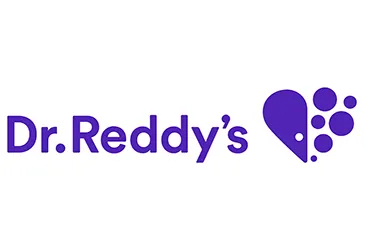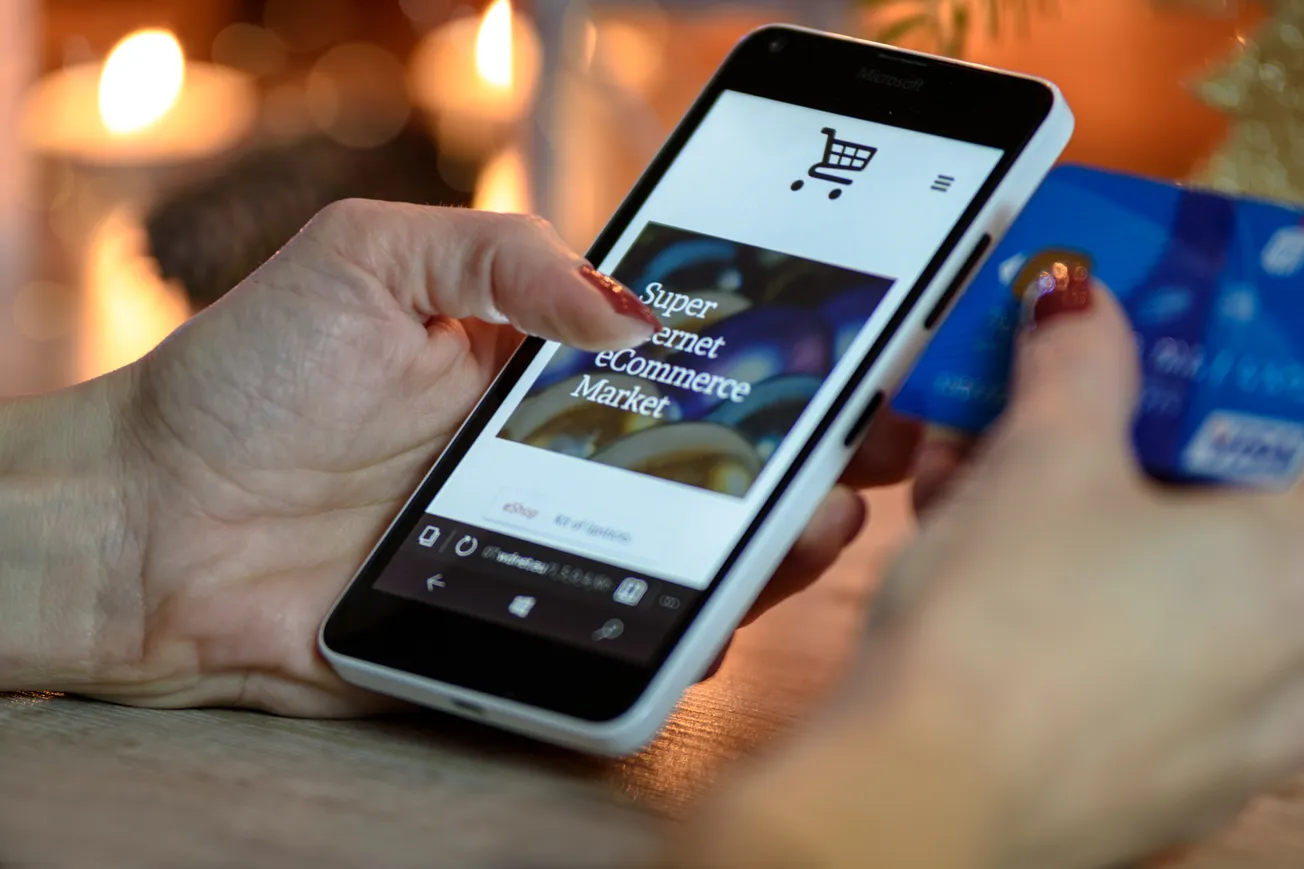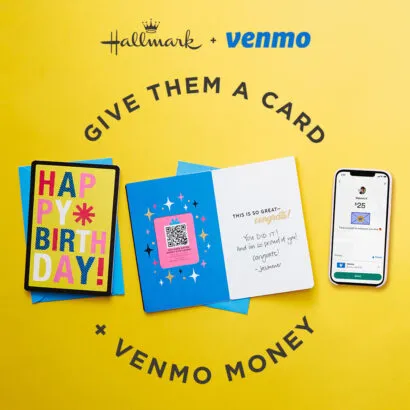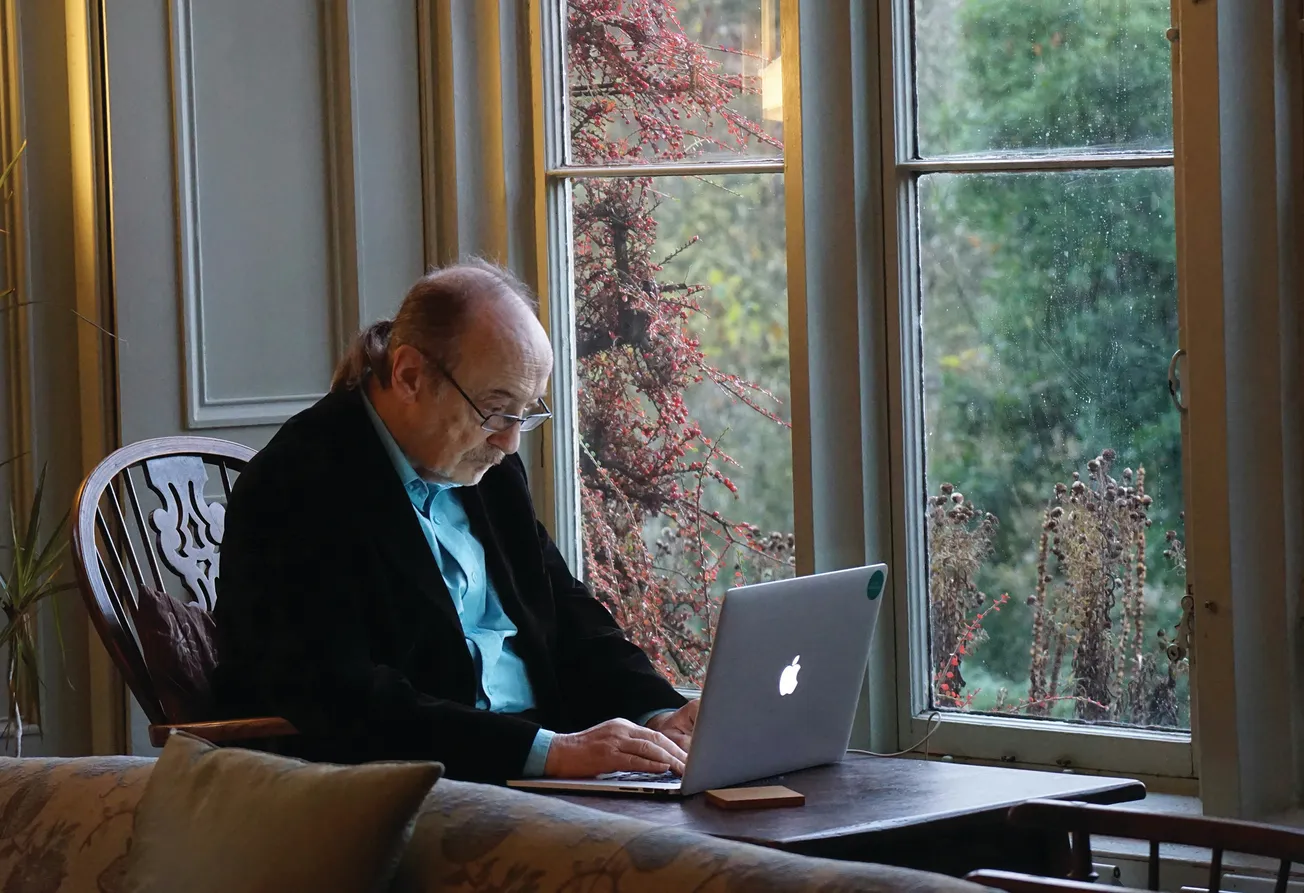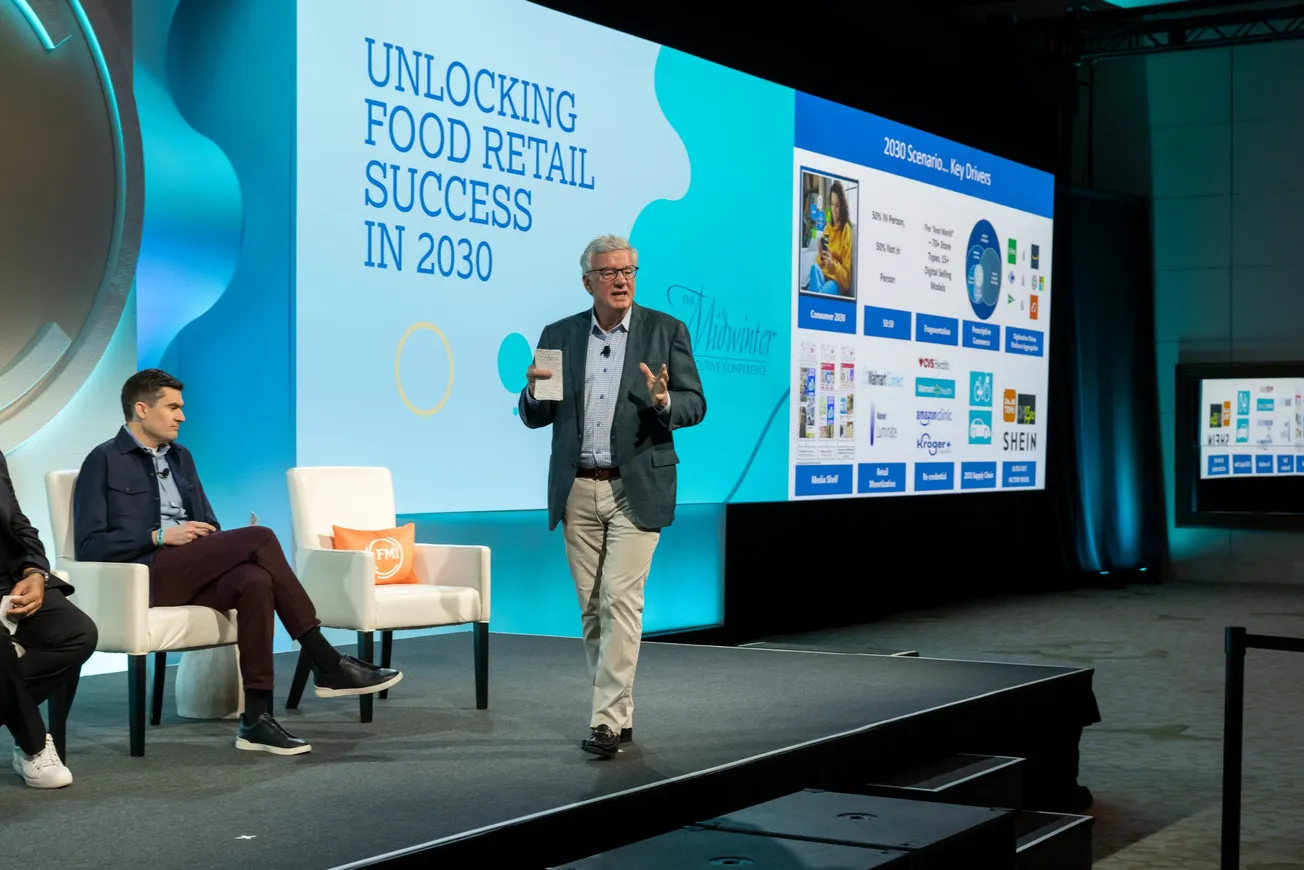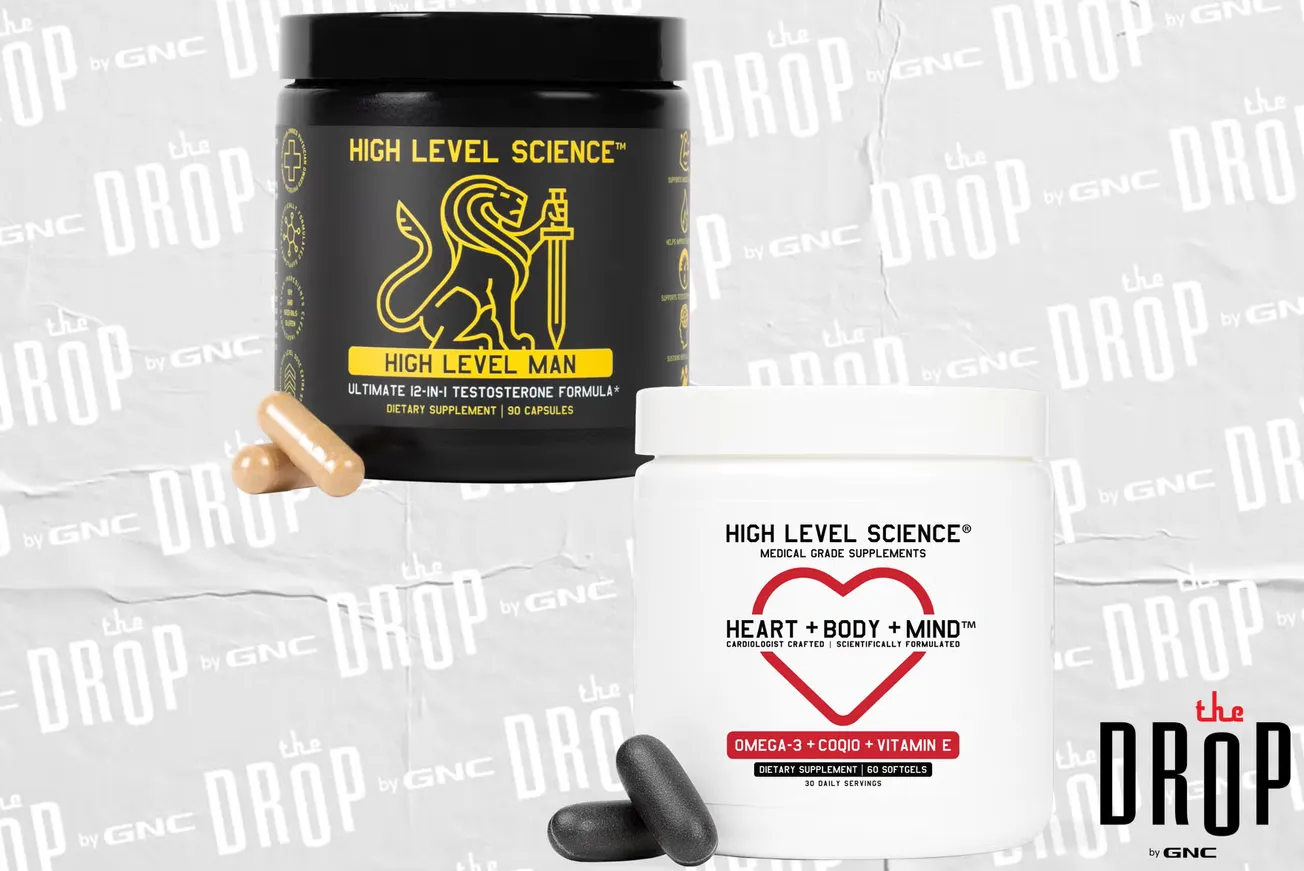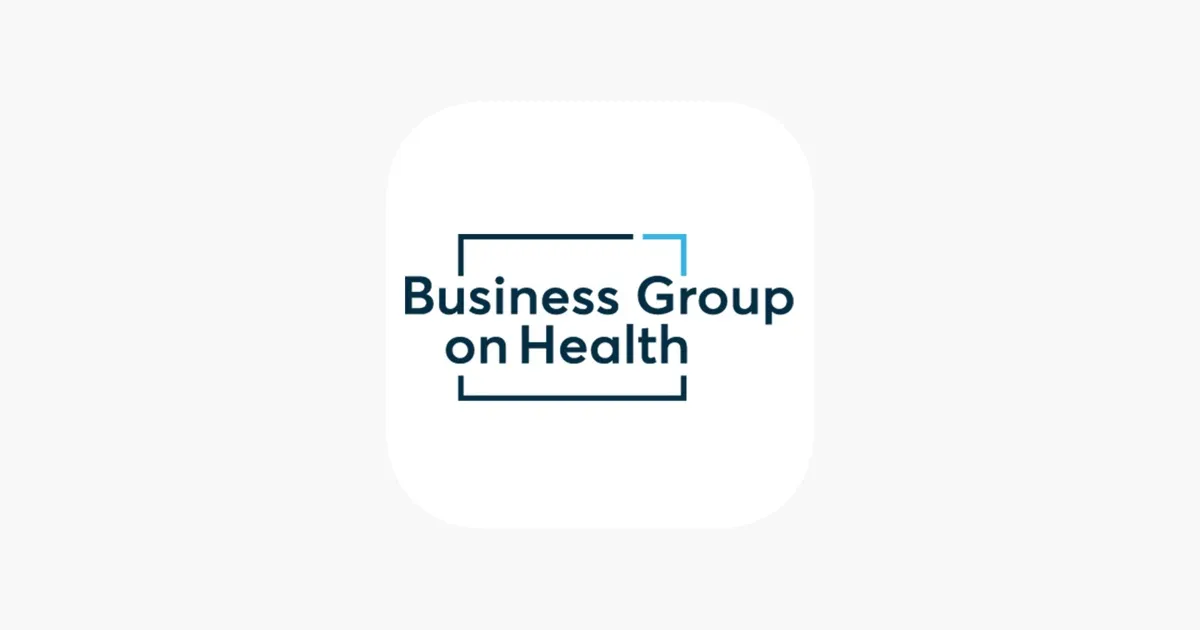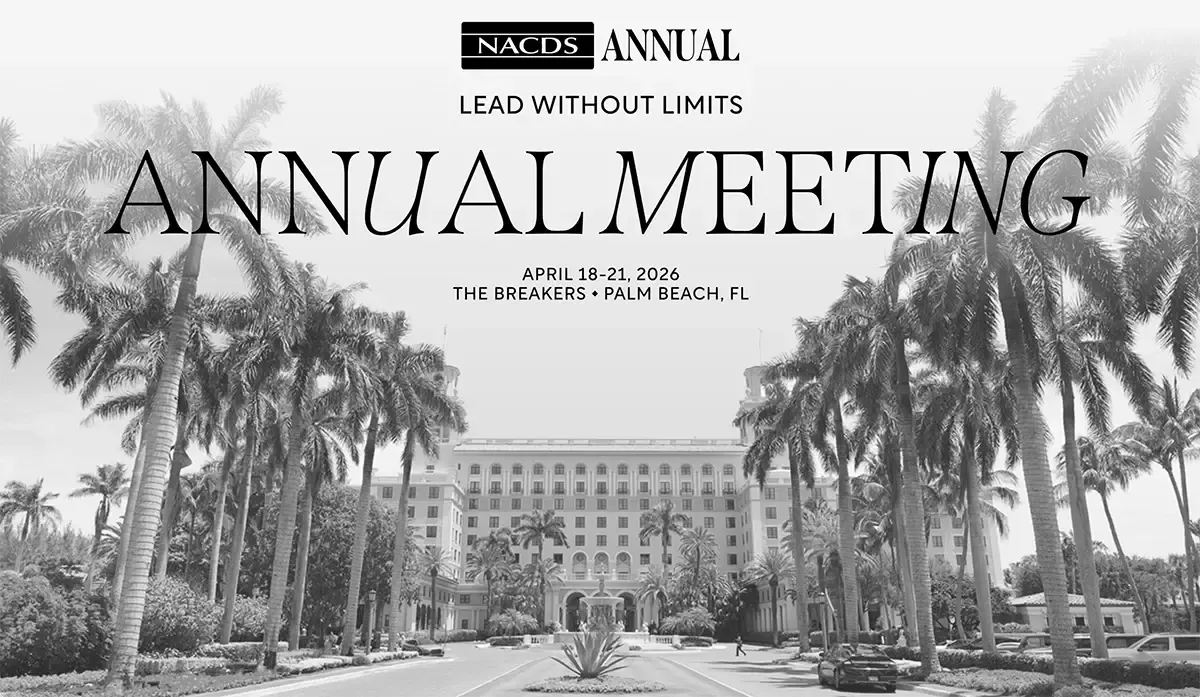Lindsay Proffitt, who runs the private label over-the-counter drug business at Dr. Reddy’s, spoke with Chain Drug Review about her role, the significance of store brands for the company and the opportunities they present.
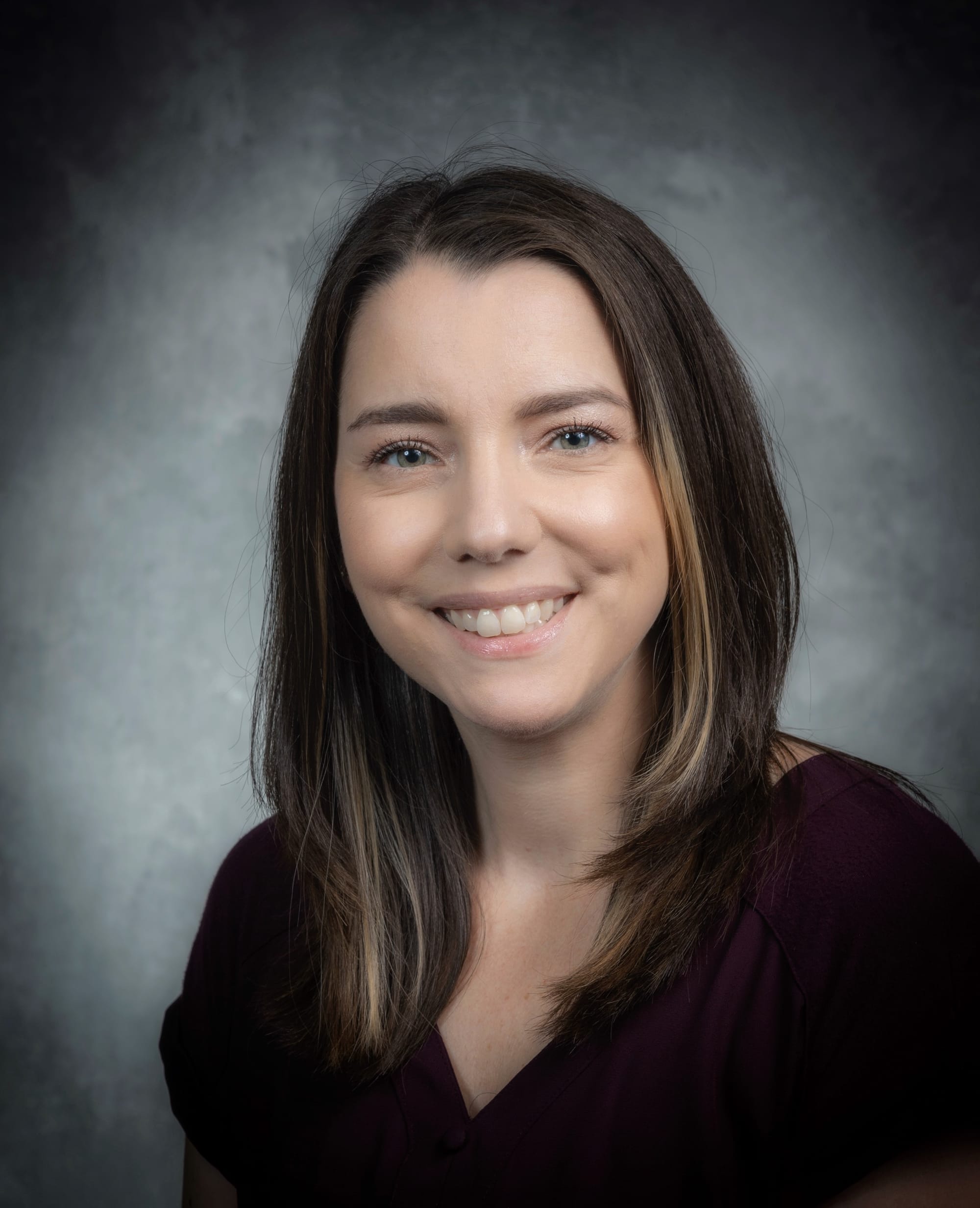
Lindsay Proffitt
CDR: What is your title and what are your responsibilities?
PROFFITT: My title is head of private label O-T-C product management, and my focus is on driving and delivering growth for our O-T-C private label business. At Dr. Reddy’s we’ve divided our O-T-C division into two areas: Brands and Private Label.
The Private Label marketing team is responsible for managing the life cycle and portfolio of our O-T-C products. We develop and execute marketing and product management strategies to achieve revenue, profit and market share goals. We are actively involved with new product selection and product launches, which are critical to driving growth.
We collaborate with the sales team to determine customer forecasts for our products and work with supply chain to ensure we have sufficient supply to meet our customer demands. We also work with our regulatory, quality and packaging teams very extensively.
CDR: What type of background do you have that led to this position?
PROFFITT: I’ve been working at Dr. Reddy’s for almost 14 years. All my time here has been supporting our private label O-T-C business. My first position was in project management, and then a couple years later I moved into marketing and product management roles. Before Dr. Reddy’s I had a few other positions, all of which were within the private label O-T-C industry, specifically in the health care category. I’ve been involved in private label O-T-C health care products for my entire career.
CDR: Would you say that private label is an important part of Dr. Reddy’s product mix?
PROFFITT: Yes, absolutely it is. And it will continue to play a critical role for Dr. Reddy’s. We are a prescription medication-driven company, which is at the core what we do well. We have been successful at launching prescription-to-O-T-C switch products, and we’ll continue to be a leader in this space.
CDR: Can you explain the various types of private label categories that Dr. Reddy’s focuses on?
PROFFITT: The product categories we focus on include gastrointestinal, allergy, cough/cold, pain, nicotine replacement therapy and eye care. We provide private label products to all major retailers in the U.S., and that includes mass, drug and food chains.
CDR:: Has this product mix evolved over the past few years?
PROFFITT: Yes, it has. Like I mentioned before, we used to focus mainly on prescription-to-O-T-C switches, but over the past several years, either by acquisition or partnerships, we’ve been able to expand our product portfolio into other therapeutic areas, such as the nicotine replacement therapy products.
CDR: Going forward, where do you see the opportunities for Dr. Reddy’s in this area?
PROFFITT: We will continue to explore opportunities within our current product categories, but we’re not limiting ourselves to just those categories. We consider ourselves a reliable partner for our customers. We will continue to analyze the market and brainstorm with our customers to launch products where there’s a gap in the marketplace. If there’s a need for a specific product in the market, we are willing to invest through our internal capabilities or partnerships with other manufacturers.
CDR: For someone who might be thinking of following your career path, with your responsibilities, what kind of qualifications and skills would you say they need?
PROFFITT: Having an understanding of the private label industry is a key qualification. While there are similarities between brands and private label, there are also a lot of differences. Knowing how our customers think and look at their private label business is key to being successful. Another important qualification is having experience in the O-T-C health care industry. Being able to work cross-functionally within different departments in an organization, and also with external partners, is also a requirement.
CDR: How long have you been in your current position?
PROFFITT: I was just promoted in September into my current position. But I have been in marketing/product management for over 10 years.
CDR: How did the way you do business change during COVID?
PROFFITT: I can give you two different answers to this question: how we do business within Dr. Reddy’s and how we do business with our external partners and customers.
Within Dr. Reddy’s, I believe that we are a little more calculated on how we interact with each other because we now have more meetings through Microsoft Teams. Before, we had more casual, impromptu meetings in the office. While we still have these interactions, with our company policy of working from home two days a week, we now are more organized when we come together and schedule meetings.
What’s amazing about Dr. Reddy’s is that we have a lot of people who have longevity here, and we’ve known each other and worked together for a while. So those relationships were important when COVID hit, and we were all working from home for a while. We had a strong foundation in place, and things really didn’t skip a beat. One thing I love about our company is the people I work with. Even during COVID, when we were all working from home, we still continued to build those connections.
In terms of how we do business with external partners and customers, I don’t think things have changed much, because many of our customers aren’t in the same state as us. Our sales team traveled less because of all the travel restrictions, and a lot of our customers didn’t want people to come to see them, so we didn’t have many in-person meetings. We had more Teams meetings instead.
We made efficient use of everyone’s time because we could have a longer meeting on a call or talk to more people on a call. I think you do have a little disconnect by not having a face to face, but I don’t think our company skipped a beat there either. I think we all really came together with our customers, and it worked out well for everyone.

